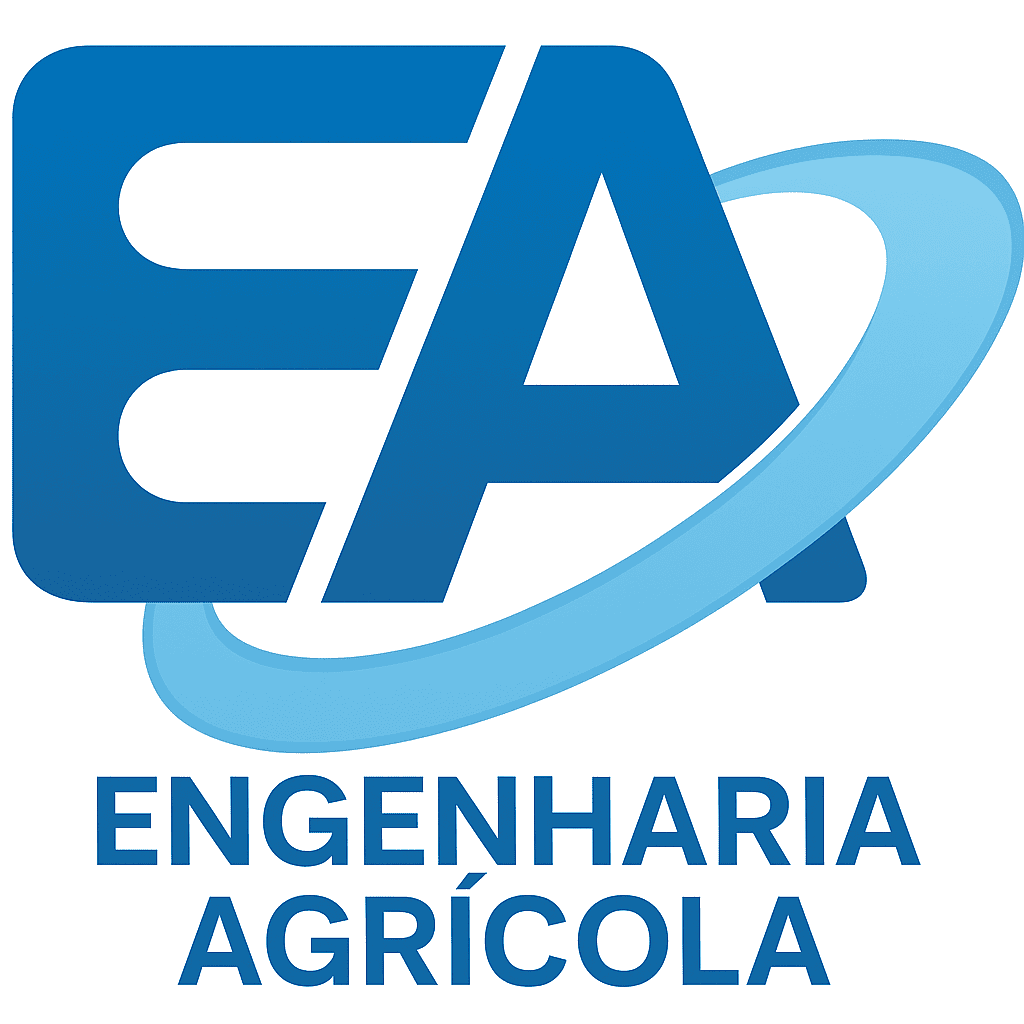The interaction between research developed within the scope of the Postgraduate Program in Agricultural Engineering (PGEA) and responses to society is remarkable, due to the applicability of the results obtained and the rapid dissemination of this knowledge, with the participation of the community as actors in research actions and of partner companies in solving problems, highlighting the following actions in partnerships: research activities in companies in the sugar and alcohol sector, sustainable agricultural activities in river basins of the semi-arid region of Pernambuco involving the local community, irrigated agriculture in semi-arid regions with demands from the local population, agricultural activities in a protected environment aimed at the private productive sector, management of water resources for population food security, impacts on the environment caused by human activities and climate change.
The PGEA has contributed to supporting projects developed by the academic community of UFRPE in extension actions, with a view to promoting citizenship and social inclusion, prioritizing the transfer of technology capable of enabling the sustainability of communities located preferably in the rural area of the state, thus contributing to the social transformation of the target community in which the project is developed. As a result of several partnerships with society, several theses and dissertations were developed directly with the productive sector, generating works published in journals, in addition to technologies for social use. Among the partner companies, the following stand out: Companhia Agro-Industrial de Goiana (CAIG), Usina Santa Teresa; São José Agroindustrial, traditionally known as Usina São José, Usina Japungu-Santa Rita, PB, Distillery Tabu-Caaporã, PB, Central Plant Olho D´Água-Camutanga, PE, Plant Trapiche-Sirinhaém, PE, Distillery Miriri-Santa Rita, PB, Usina Salgado-Ipojuca, PE, Plant Petribu-Carpina, PE and Usina Cruangi-Timbaúba, PE. The work developed by these companies directs management and techniques that are important for the sustainable increase in sugarcane productivity in the State of Pernambuco.
Among the main social inclusion actions, the following stand out:
1) Research and extension actions with forage palm: Within the scope of this technology, in 2024, the project “Technology transfer for maximizing production and economic security of rural properties assisted by the City Hall of Serra Talhada” was completed in cooperation with the City Hall of Serra Talhada, coordinated by Prof. Thieres Silva, and financed by FACEPE. The activities developed allowed for the promotion and dissemination of forage and its efficient cultivation, through the donation of more than one million palm rackets to producers in 27 municipalities in the states of Pernambuco, Paraíba, Ceará and Bahia, in addition to technical information on the implementation and management of the crop, holding of Field Days, technical visits, lectures at animal exhibition events, mini-courses and other activities. The impact of this product is economic and social, since the actions made it possible to improve the forage supply on rural properties in the Brazilian Semi-Arid region, strengthening the food security of livestock and the sustainability of agricultural production in the region. In recognition of these initiatives, the City of Serra Talhada issued a motion of applause https://www.instagram.com/reel/CzKlhUzt60y/?igsh=MWIzbWxxdmpyZXhlcQ== , highlighting the relevance of the work developed and its positive impact on rural producers.
2) Actions on the sustainable exploitation of natural resources: These actions, through published projects and scientific studies, provided scientific basis for state legislation regarding the conservation and protection of groundwater in the State of Pernambuco, with important information for the exploitation of water from alluvial valleys. Law No. 17672 of 10/01/2022 (https://www.legisweb.com.br/legislacao/?id=426126) published on page 10 of the Official Gazette of the State of Pernambuco – Executive Branch, on 11/01/2022 amends Law No. 11,427 of January 17, 1997, establishing new rules and procedures for environmental licensing and limiting exploration in low-flow wells in alluvial deposits. This article was presented at the Technical Chamber of Plans, Programs and Projects (CT3P) of the State Water Resources Council, having originated the proposal to create a Council of Alluvial Users, in order to strengthen the participatory management of groundwater in the State of Pernambuco. 3) Conservation actions for sustainable production in the sugarcane sector: In partnership with private companies, the PGEA carries out several research, scientific dissemination and extension actions on the problems that impact sugarcane production, including: soil compaction caused by machine traffic, efficient use of water and fertilizers, and mapping of management zones. These actions benefit several sugar mills in the state of Pernambuco.

